The LESA Center’s integrated systems approach is tightly knit interactions between sources, sensors, and controls that regulate system performance between smart platforms leading to advancements in dynamic lighting control and design, building management, artificial intelligence (AI) and machine learning (ML), IoT, data processing and semantic language ontologies, connected infrastructure, and innovation for the built environment.
Research
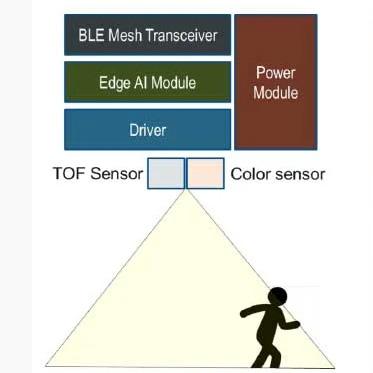
Research efforts include the exploration of privacy-preserving light-fields for occupancy and activity sensing methods; integration of robotic, autonomous and self-regulating system controls; and the development of algorithms and simulation tools.
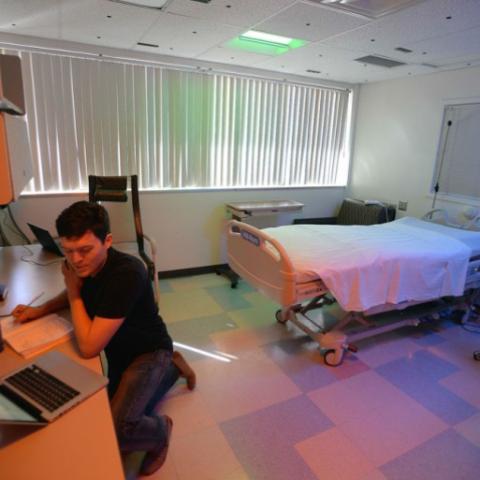
LESA research for the management of control systems for circadian rhythm regulation in the treatment of sleep disorders and disruption in patients with traumatic brain injuries is supported by the Drosophila testbed at RPI.
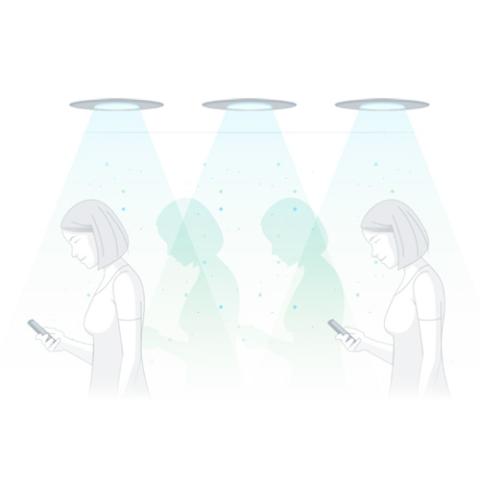
LESA research in high-speed VLC is addressing the current wireless spectrum crunch by focusing on ways of meeting these unique challenges and exploring opportunities in lighting enabled systems and services.

Research efforts include sensors and controls that enable comprehensive integration between human systems and intelligent room design.
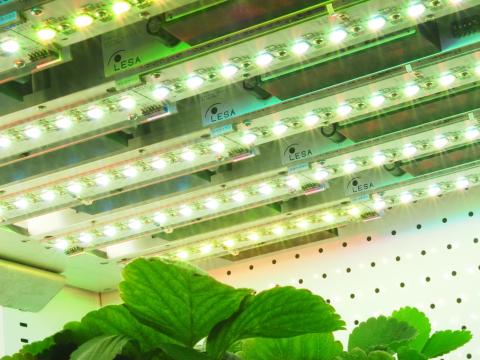
The LESA Plant Science team is pursuing research activities on the impacts of improved lighting, sensing and control systems for controlled environment agriculture (CEA) including vertical farms.
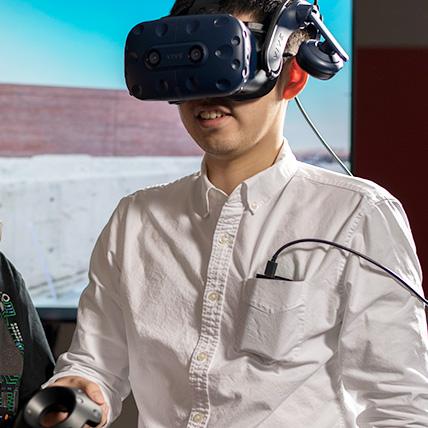
The fundamental research at LESA has and continues to focus on the development of solid-state light (SSL) source technology that can translate to the systems, sources, and sensors level of performance to provide low cost, energy-efficient Systems that Think™.